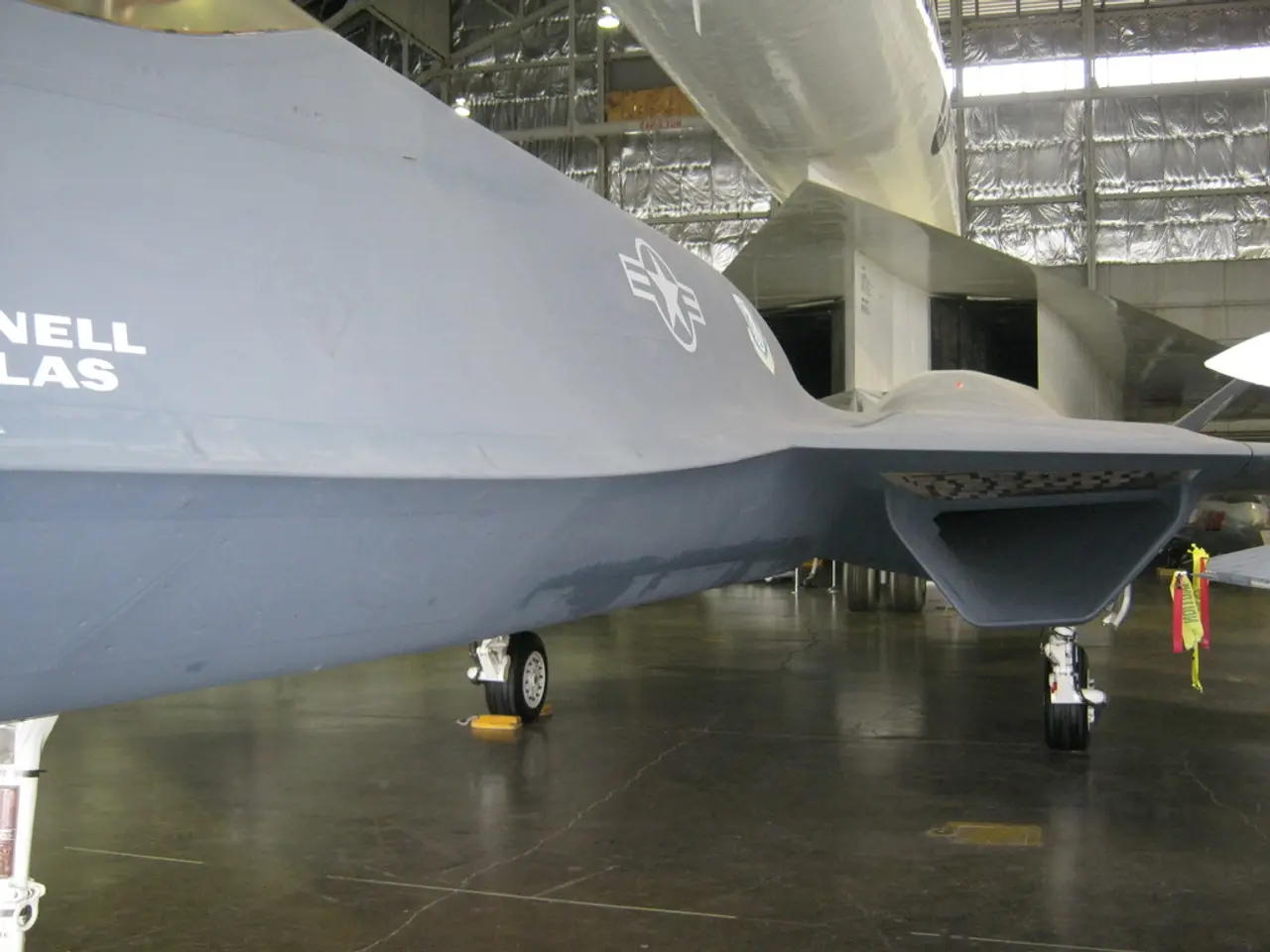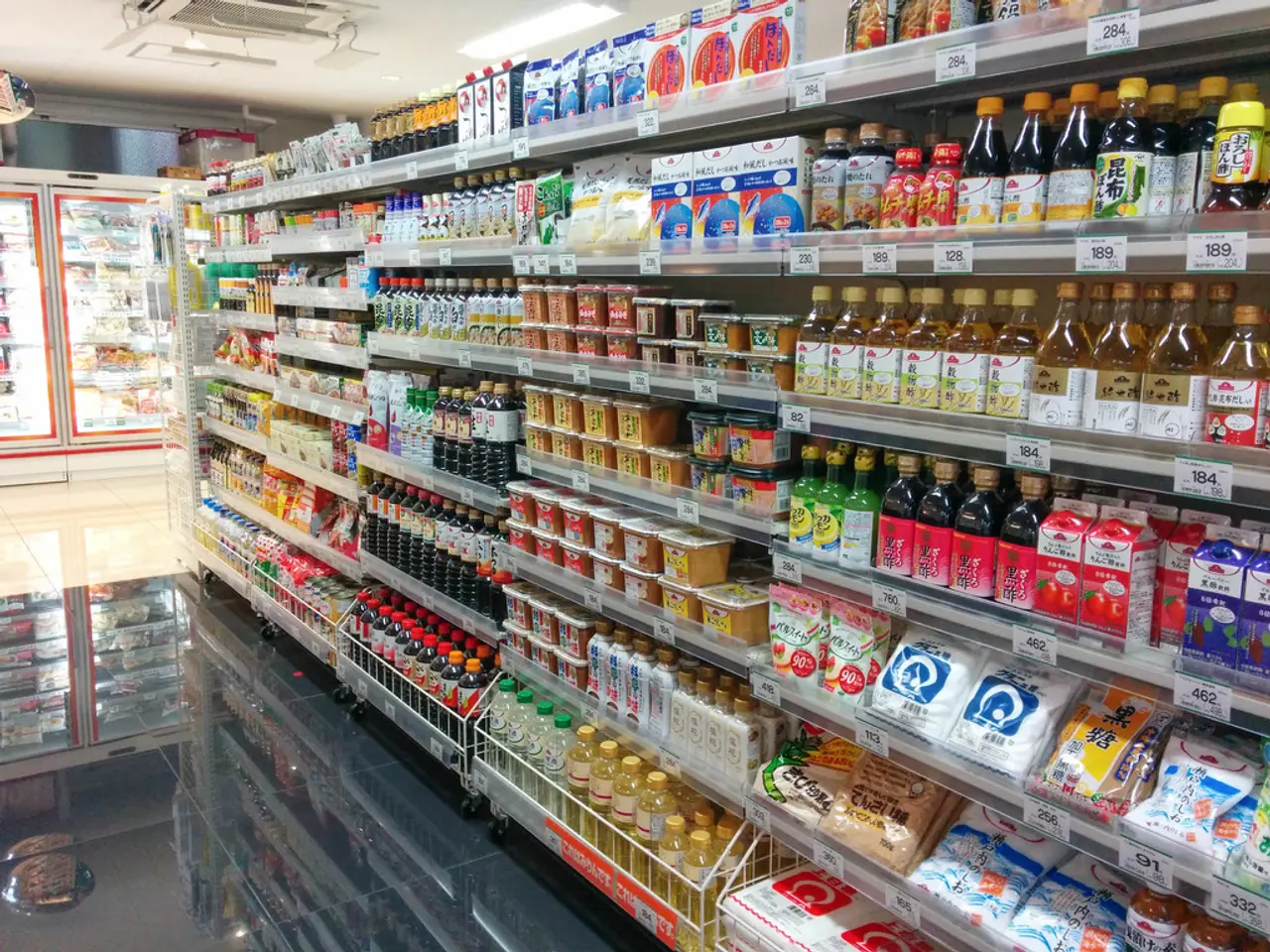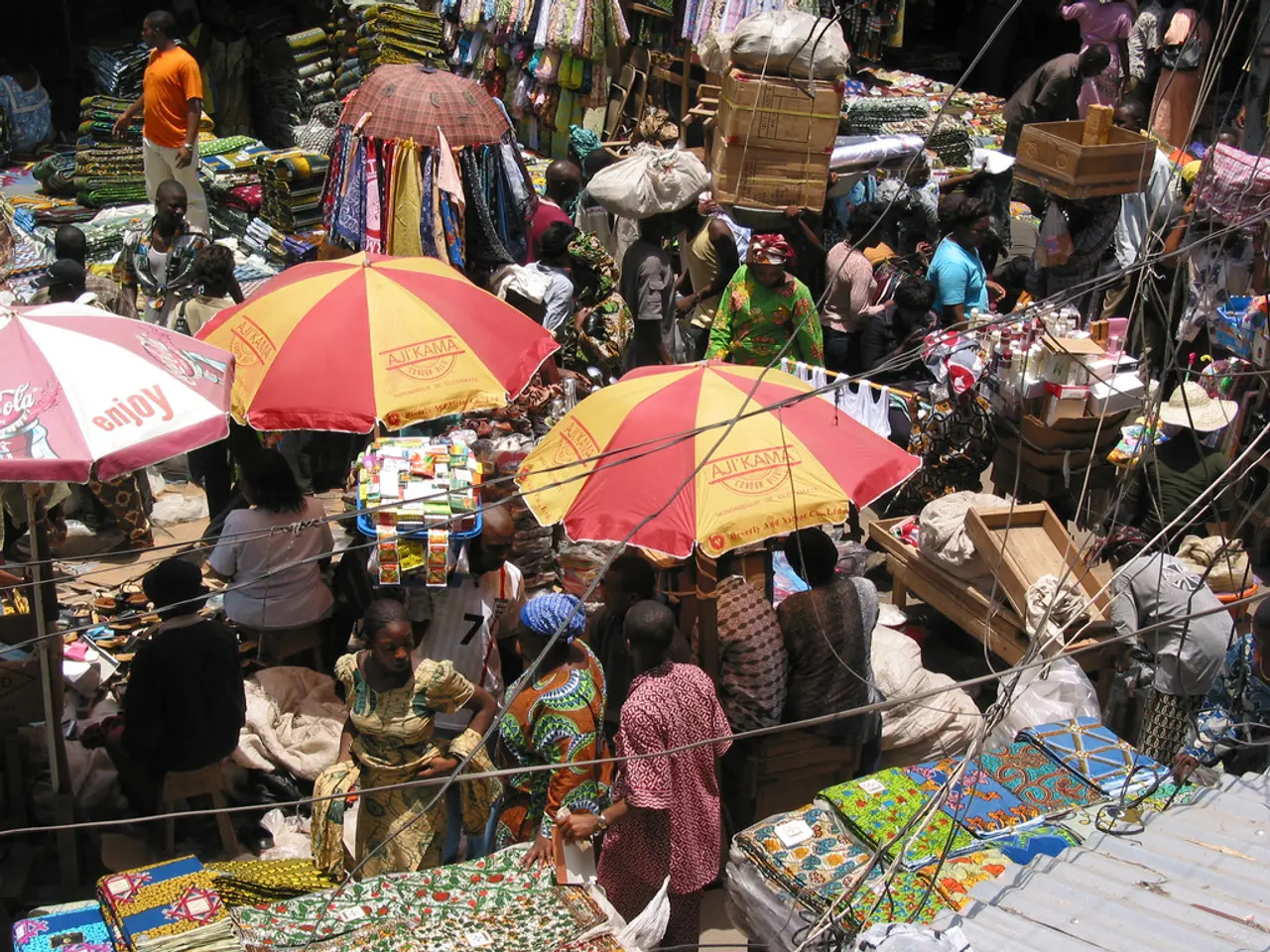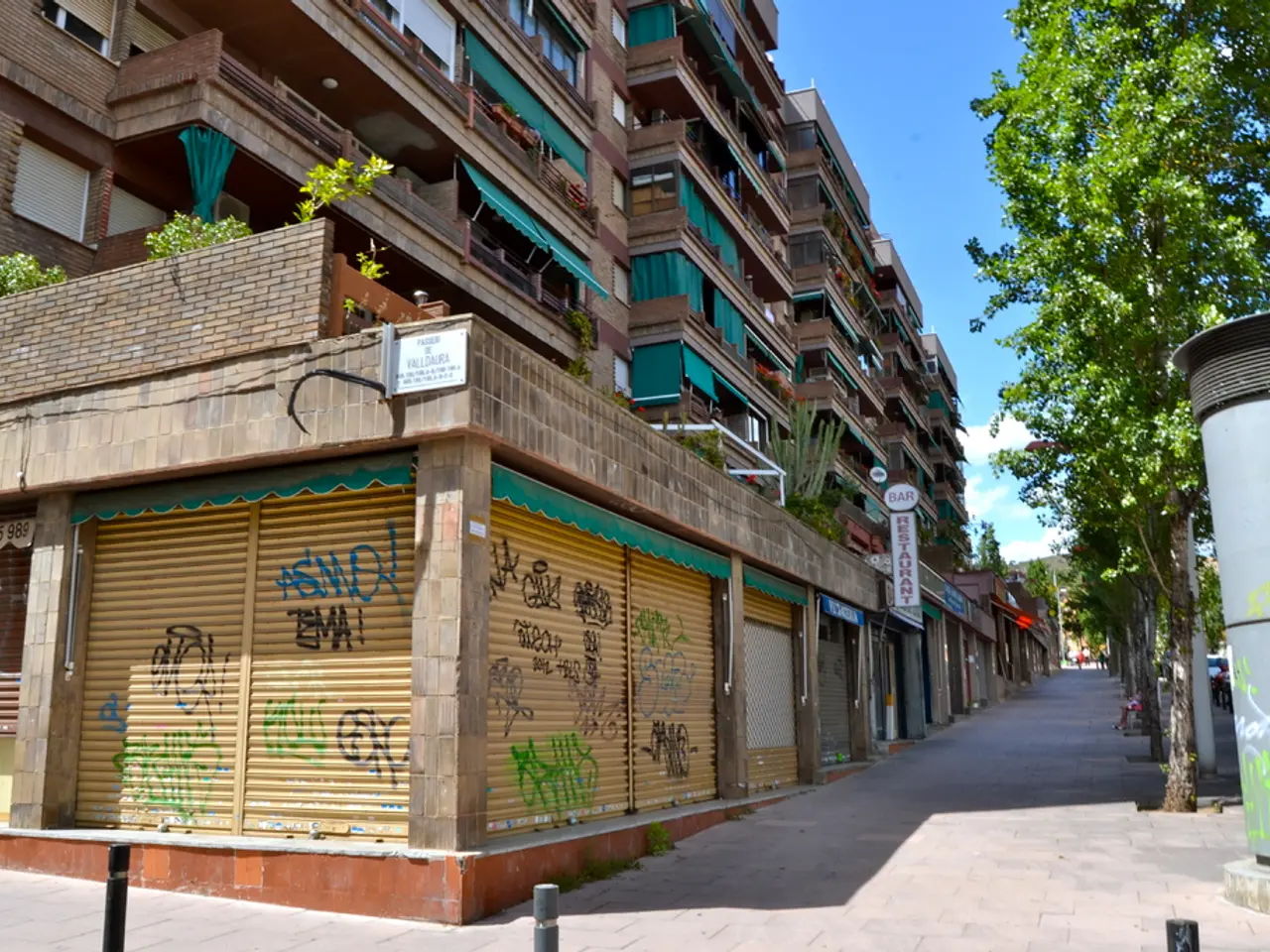The push for a free trade zone in Haiphong City: Opportunities, Challenges, and Implications
Enhanced economic development for Haiphong through establishment of free trade zone.
That's right, mate! Here's the lowdown on the proposed free trade zone (FTZ) in Haiphong City, a move geared towards pumping up economic growth in Việt Nam's third-largest metropolis.
During a meeting with the National Assembly, a host of solutions were tossed around to unlock Haiphong's development potential, with the establishment of a FTZ being one of the key proposals. Setting sail as a growth engine in the Red River Delta region, Haiphong stands tall on the national economic radar for the 2026-2030 era.
Now here's where it gets juicy, fair dinkum! Phan Văn Mãi, the big cheese over at the NA Committee for Economic and Financial Affairs, reckons a FTZ is a must-have, given the current political and legal climate. But, this puppy would be no walk in the park — it's slated to have major repercussions on the local economy, as well as national defense, security, social welfare, and public order. G'day, saddle up!
The pilot project would require five critical assessments:
An aerial view of Hải Phòng City. - VNA/VNS Photo Quốc Khánh
- Economic growth forecasting
- Budget analysis
- Evaluation of the local social context
- Regional assessment
- Risk management mechanisms to ensure transparency and financial security
Mãi emphasized the necessity of adopting robust risk management policies and keen oversight to safeguard the financial system, economic security, and public order of the zone. Let's not forget the need for proper definition of responsibilities among stakeholders so that everyone's on the same page.
Other policy recommendations floating about include:
- Streamlining procedures for investment, business activities, imports/exports, immigration, temporary residence permits, and labor permits
- Optimizing incentives for land and water surface rental and tax policies
- Allowing foreign banks to branch out in the free trade zone
- Extending the policy duration for corporate income tax incentives
The National Assembly convenes on Tuesday morning. - VNA/VNS Photo An Đăng
Following talks of the FTZ, other topics up for discussion included tax incentives for innovation and startup activities in Haiphong, and policies for foreign currency transactions, pricing, and payments. As the FTZ is a new monster with far-reaching implications, it calls for a clear picture of foreign exchange management and monetary security.
Haiphong City's exciting benefits include permission to raise funds through bonds, loans from domestic financial institutions or local sources, all while keeping the city's outstanding debt at a maximum of 120% of the city's budget revenues. Chip in further clarification on policies regarding foreign currency transactions, pricing, and payments, and we're in business!
Stay tuned, mate! The future's bright for Haiphong City, with opportunities for investment, infrastructure development, and employment opportunities aplenty! But, don't forget, setting up a major economic zone near sensitive military installations could stir up security concerns, and this tidbit hasn't been tackled in public yet. Keep your ears peeled! Be sure to stay savvy and informed!
Additional insights:
- The proposed FTZ would feature functional areas like production zones, port and logistics hubs, and trade-service clusters[1][2]
- The FTZ aims to attract high-quality human resources and create employment opportunities, contributing to local economic development[5]
- Harnessing the synergies of the proposed FTZ with existing economic zones like Dinh Vu-Cat Hai and the Southern Coastal Economic Zone would catalyze comprehensive infrastructure development[4]
- Decentralizing decision-making to the Haiphong People's Committee is part of national goals of devolving power to localities[1][2]
- The establishment of a free trade zone (FTZ) in Haiphong City, as proposed during a meeting with the National Assembly, is seen as a crucial step by Phan Văn Mãi, a member of the NA Committee for Economic and Financial Affairs, due to the current political and legal climate.
- The construction of a FTZ in Haiphong City would have substantial consequences for the local economy, national defense, security, social welfare, and public order, requiring robust risk management policies and keen oversight.
- Key assessments for the FTZ pilot project include economic growth forecasting, budget analysis, evaluation of the local social context, regional assessment, and the development of risk management mechanisms to ensure transparency and financial security.
- Policy recommendations for the FTZ include streamlining procedures for investment, business activities, imports/exports, immigration, temporary residence permits, and labor permits, as well as optimizing incentives for land and water surface rental and tax policies.
- The passage of the FTZ legislation and other economic policies will have significant implications for trade, business, finance, and immigration in Haiphong City, potentially attracting foreign investment and fostering the growth of the local industry.








